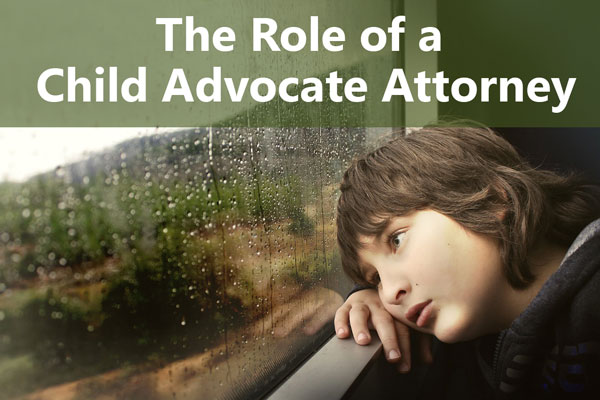We're breaking down exactly what a family law attorney does and what kind of cases…

Recently, I had the opportunity to learn about The Child’s Advocate through a presentation given by Legal Aid of North Carolina at the Wake County Courthouse in downtown Raleigh, N.C.
The Child’s Advocate project relates to the work that I do as a Raleigh Family Law Attorney involving Child Custody cases in Wake County Family Court, so I thought I would take a moment to highlight the important points.
What is The Child’s Advocate?
The Child’s Advocate is a special project of Legal Aid and is now available in the Wake County Family Court Systems. The Child’s Advocate is an attorney who is appointed by a Wake County Family Court Judge in order to represent a child who is involved in a “high-conflict” custody case. Child custody cases often arise when relationships between parents end (for example, through divorce) and the parents must come to an agreement about caring for their children.
What is a “High-Conflict” Child Custody Case?
A high-conflict child custody case exists when the parents are having a great deal of difficulty working together. A high-conflict case is defined in North Carolina General Statutes § 50-90(1) as a child custody action involving minor children where there is:
- an ongoing pattern of excessive litigation
- anger and distrust
- verbal abuse
- physical aggression
- threats of physical aggression
- difficulty communicating about and cooperating in the care of the minor children
- as well as any other conditions that the Court finds to be high-conflict in its discretion.
A lot of times there are more than one of these factors present in high-conflict custody cases.
Why do Children Need an Advocate in High-Conflict Custody Cases?
The goal of Legal Aid’s program is to ensure that the voice of the child is heard and not buried within the conflict surrounding his or her parents. A Wake County Family Court Judge needs to hear reliable information regarding the child so that he or she can make the best custody arrangement decision possible for the child’s welfare. This is especially true for children with special needs in high-conflict custody cases.
The Child Advocate’s Role
The Child Advocate serves as a third attorney in a custody case in addition to the two parents (parties) and the parents’ attorneys. The parents’ attorneys are responsible for protecting the interests of their clients: the parents, and likewise Child Advocates are responsible for protecting the interests of their client: the child.
The Child Advocate has access to case information and also other documents such as school records. Unlike a Guardian ad Litem, a Child Advocate cannot be called to testify and the Child Advocate’s conversations with the child are protected by attorney-client privilege. The Child Advocate works with the parents’ attorneys in order to reach a settlement custody arrangement approved by the Child Advocate, or in the event that the case goes to trial, the Child Advocate will speak on behalf of the child in order to help the Wake County Family Court Judge decide on what ruling would be best for the case.
Contact Our Raleigh Family Law Firm for More Information on Child Advocacy
Your case may not require a child advocate lawyer, but if you are interested in learning more about this unique opportunity for children during divorce, then contact our office. Speak with a Raleigh family attorney by completing the contact form below or calling 919-301-8843.



